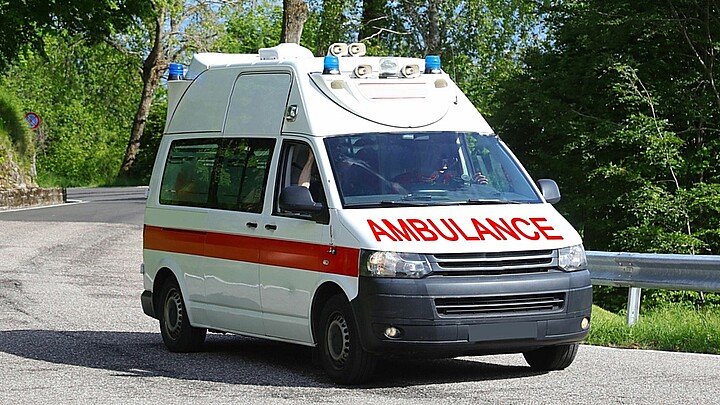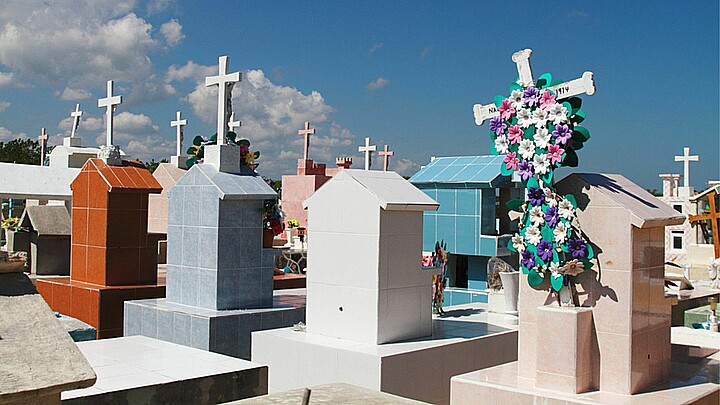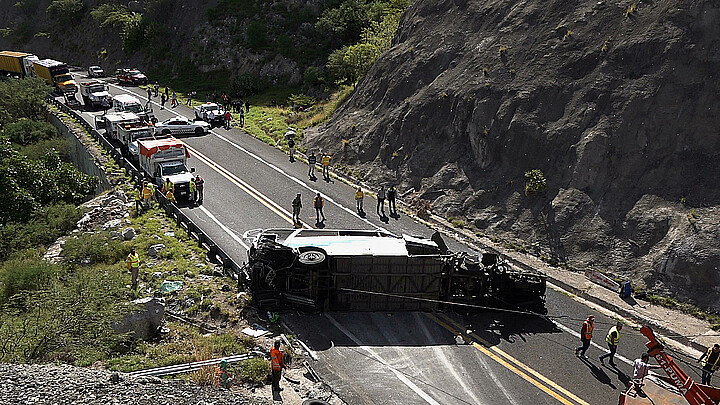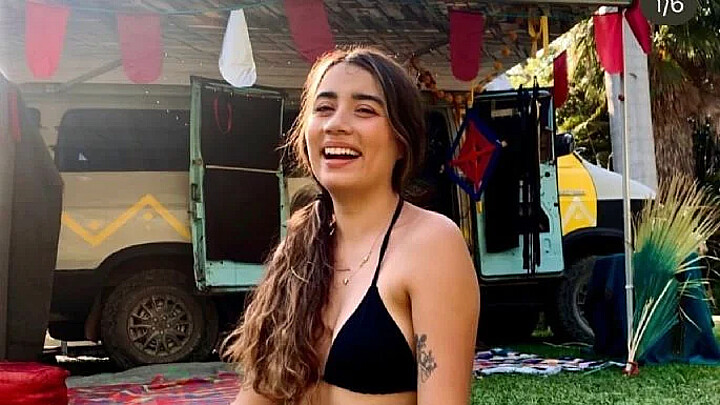Trending
Three American tourists found dead from carbon monoxide poisoning in Mexico City Airbnb
Airbnb called the deaths a “tragedy” and said it was cooperating with authorities to find out how their deaths happened
November 9, 2022 7:22pm
Updated: November 10, 2022 1:14pm
Three American tourists were found dead from carbon monoxide poisoning in an Airbnb in Mexico City, a statement from the city attorney general’s office said.
The attorney general’s office began an investigation on October 30 into the deaths of the three foreigners who seemed to have “died from possible poisoning by gas inhalation inside an apartment in the La Rosita, Cuajimalpa de Morelos.” After analyzing the evidence, experts concluded that the gas was carbon monoxide.
Security guards at the residential complex called local authorities after they detected an intense smell of gas coming from one of the apartments, the statement said. When the police arrived they found the bodies of two men and a woman.
The three individuals were pronounced dead at the scene by paramedics.
Family members identified the casualties as Kandace Florence, 29, Jordan Marshall, 38, and Courtez Hall. Relatives said the three tourists had rented an Airbnb in Mexico City to celebrate the Day of the Dead.
“We are closely monitoring local authorities’ investigation into the cause of death. We stand ready to provide all appropriate consular assistance. Out of respect for the privacy of the families, we have nothing further to add at this time,” the embassy told WDSU.
Airbnb called the deaths a “tragedy” and said it was cooperating with authorities to find out how their deaths happened.
“Our thoughts are with the families and loved ones as they grieve such an unimaginable loss. Our priority right now is supporting those impacted as the authorities investigate what happened,” the online home rental company said in its statement.
The deaths come weeks after Mexico City Mayor Claudia Sheinbaum signed a deal with Airbnb in an effort to attract short-term "digital nomads" to the city.










